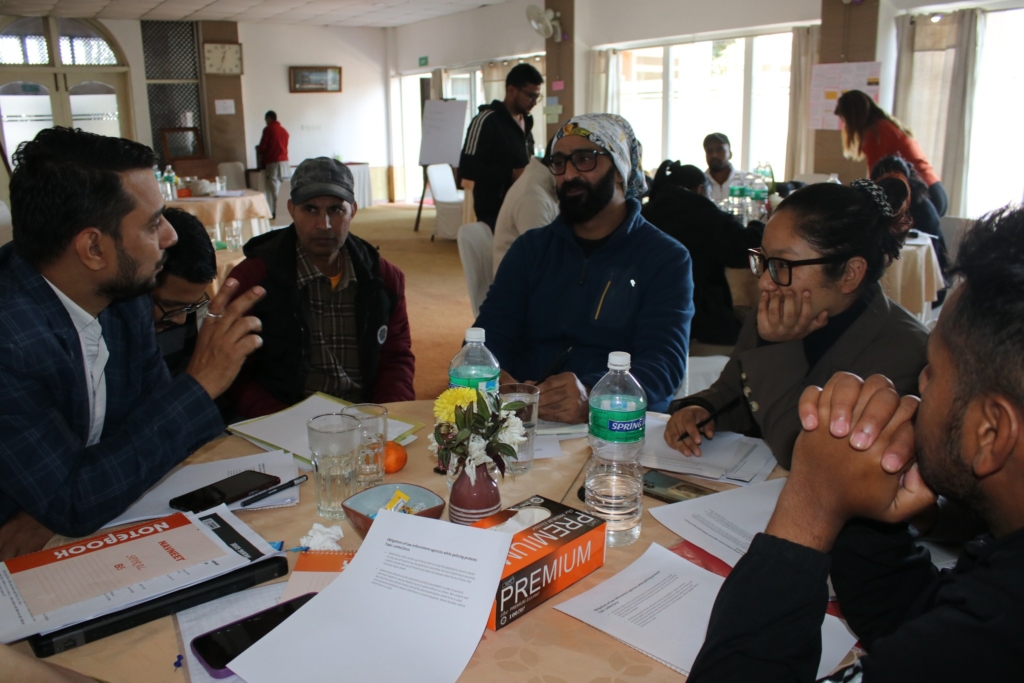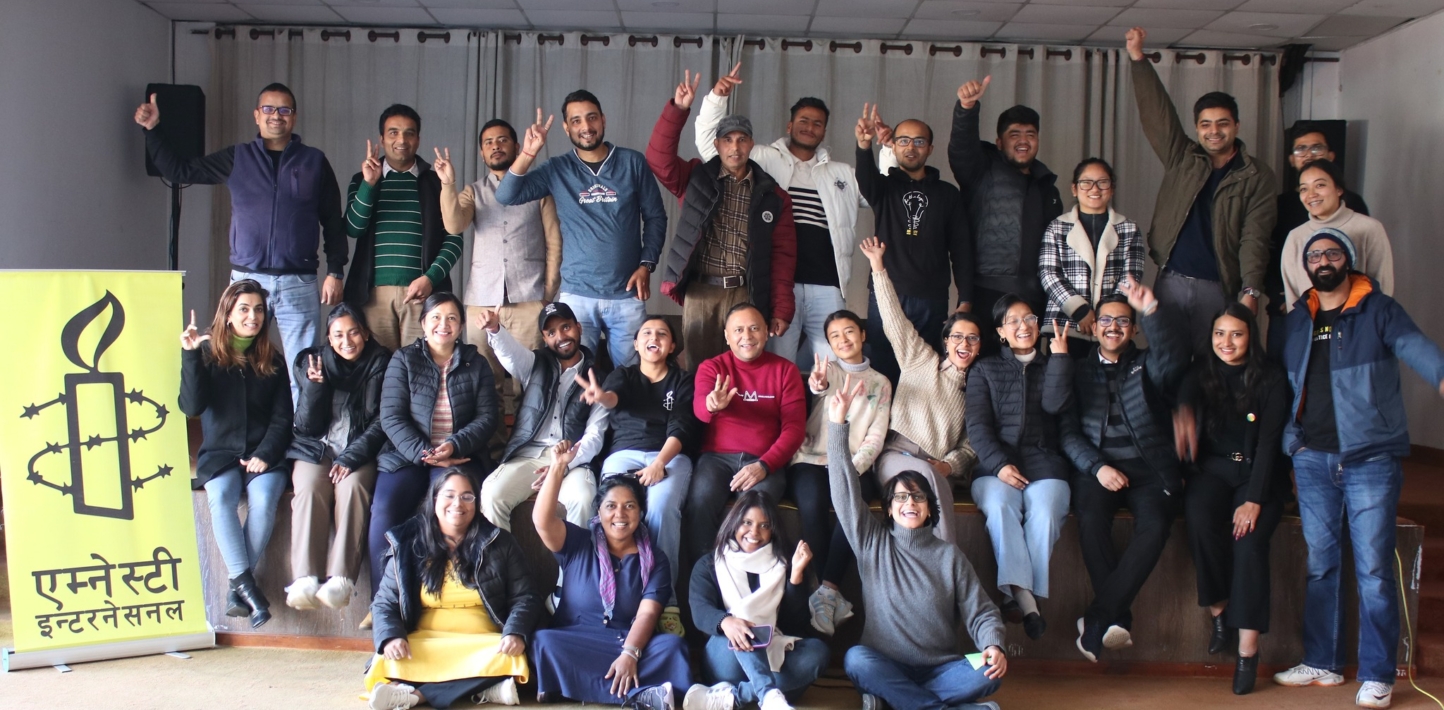With an aim to contributing to ensure authorities respect, protect and promote peoples’ right to freedom of peaceful assembly as per international human rights standards and obligations, and to confront unprecedented worldwide threat to the right to protest, Amnesty International is running a global campaign called “Protect the Protest”. As part of the same campaign, AI Nepal in collaboration with the South Asia Regional Office, organized a three-day Protest Observers training in Dhulikhel, Kavre, from 27-29 December training.
The programme strives to train ‘protest observers’ who will monitor and report on potential human rights violations during protests.
But who exactly is a protest observer? Isn’t everyone at a protest an observer observing the protest? Can anyone be a protest observer? What are the roles and responsibilities of a protest observer? These were some of the many questions in which participants delved deep to broaden their understanding and dispel confusion.
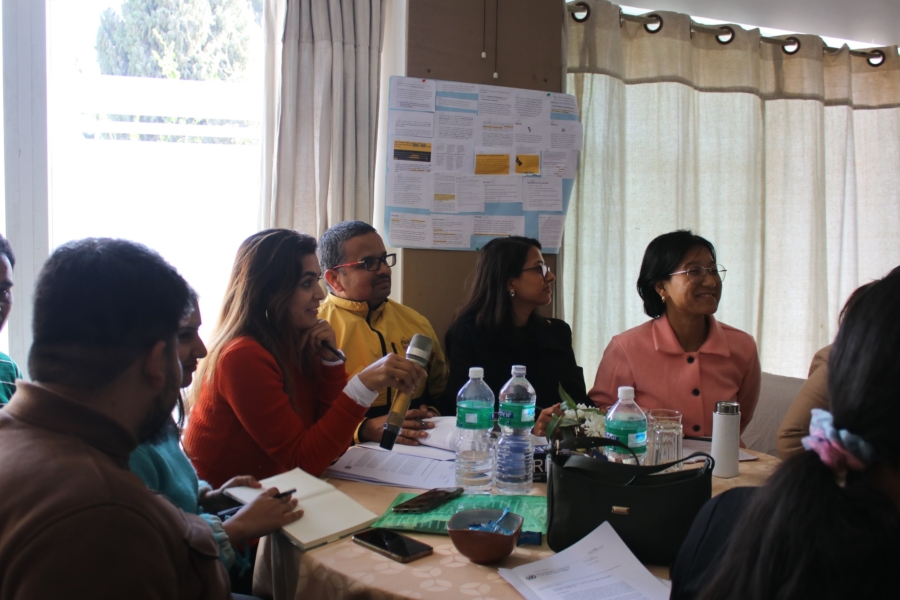
The workshop was led by Somya Dimri, Regional Human Rights Education Coordinator; Harindrini Corea, Regional Researcher; and Thyagi Ruwanpathirana, Regional Researcher. A few sessions were also facilitated by AI Nepal Director Nirajan Thapaliya and Human Rights Education Officer Kundan Raj Sharma.
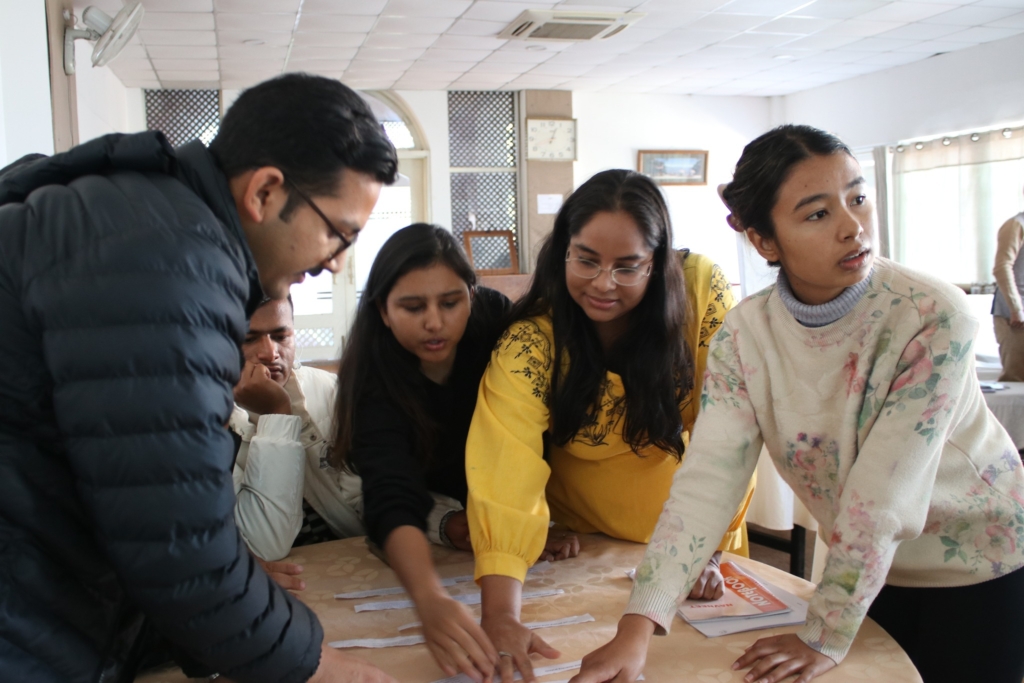
The training provided 25 participants with an orientation to learn the fundamentals of human rights, with a particular focus on the right to freedom of peaceful assembly and expression and international standards on the policing of protests. The training also equipped participants with the knowledge and tools to correctly observe protests that may take place in the country.
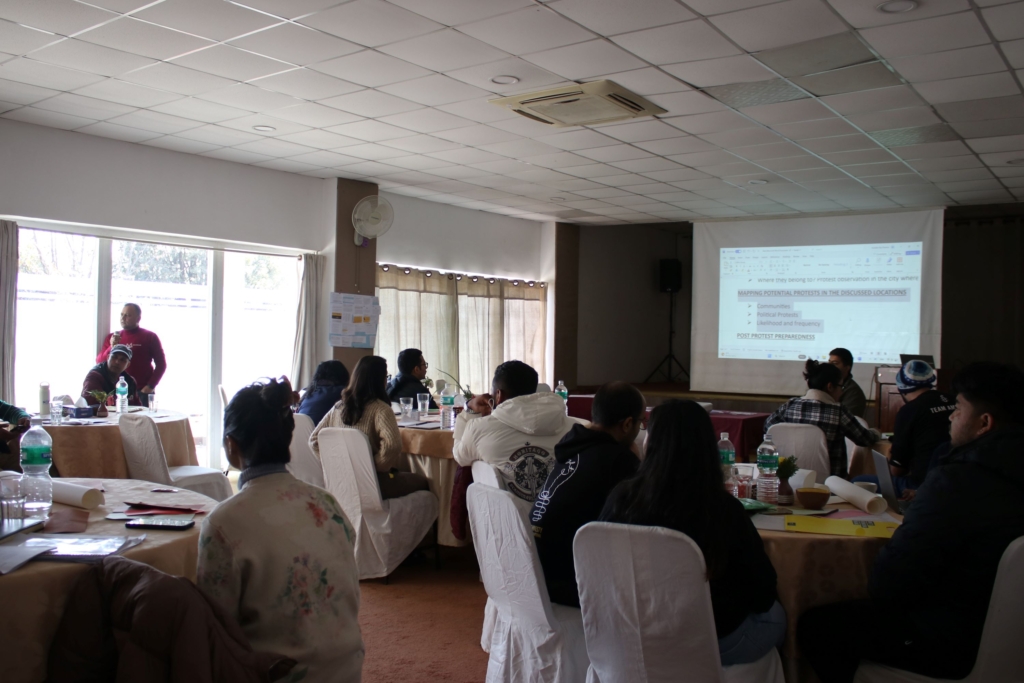
The interactive sessions also educated participants – which included AI Nepal staff, national board members and AI Nepal members – on what a protest observer is and what they do, what the rights of an observer are, how one can monitor and document protests in Nepal as an observer, what international and national human rights laws are in place to protect human rights in a demonstration, what are the obligations of a state in facilitating protests, among others.
During the workshop, AI Nepal staff and members also discussed the possibility of future protests in Nepal and drafted a plan and a timeline for the implementation of the Protest Observers program in Nepal.
